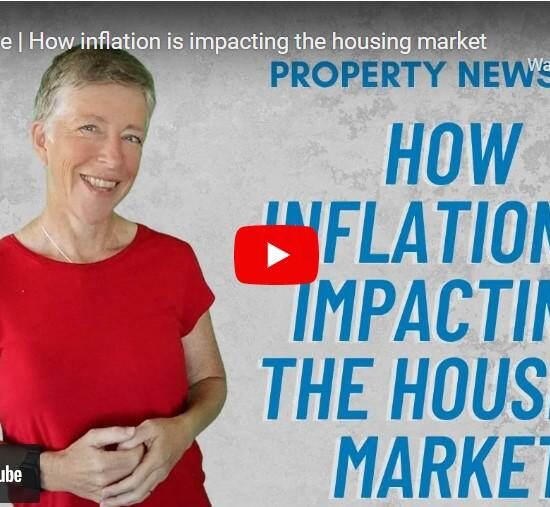
By Nicola McDougall, Editor, The Female Investor
Australia’s largest professional body of independent buyer’s agents has commended Labor’s ‘Help to Buy’ scheme but says it’s still only ‘scratching the surface’ when it comes to easing Australia’s housing affordability woes.
Real Estate Buyers Agents Association (REBAA) president Cate Bakos commended both Labor for its ‘Help to Buy’ scheme and the Coalition for its ‘New Home Guarantee’ scheme in trying to help tens of thousands of would-be homeowners get on the property ladder, but warned there were some conditions for each initiative that every excited homebuyer should be aware of.
Ms Bakos said interest rate rises and increased migration would increase pressure on the housing affordability crisis, especially for those lifelong renters who can’t afford to buy.
“Our truly vulnerable Australians are those who don’t qualify to buy a house at all,” she said.
“We anticipate rents will increase and reduced supply from investors will leave more renters homeless or in hardship. It’s a crisis that’s not going to go away until something significant is done.
“Labor’s scheme will be particularly appealing for those applicants who need a home that is more expensive than their current financing ability.
“It may be families who need to stay in an area but require extra space, or it could relate to someone who is currently a low-income earner but has confidence that their situation will change for the better, and they may plan to release the government from the title via a pay-back.”
By comparison, the Coalition’s New Home Guarantee is limited to first home buyers and the purchase of a brand new dwelling matching the following criteria:
- Newly-constructed dwellings
- Off-the-plan dwellings
- House and land packages
- Land and a separate contract to build a new home
Ms Bakos warned first home buyers about the scheme saying they were the most vulnerable demographic to valuation shortfalls on new stock, and in particular, off-the-plan purchases.
“As a broad consensus, we have concerns about some new dwellings delivering optimal capital growth performance, and we fear that there is a larger risk for more vulnerable purchasers, specifically first home buyers, should they be exposed to market fluctuations and/or valuation shortfalls with off-the-plan purchases,” she said.
“Risks range from sunset dates threatening their purchase settlement, to developer variations and changing market conditions.
“Buyers need to be particularly aware of the finance risks in this scenario, namely the inability to lock in a finance approval until the building nears completion, and developer margins/sales commissions threatening the valuation meeting the purchase price.”
Ms Bakos encouraged anyone considering taking up either scheme to do their due diligence and be sure it’s the right property, in the right location and with the best terms.
“With any stimulus or incentive offering, it is worth exploring and obtaining the right independent legal and financial advice,” she said.
“Get your chosen advisor to assess the loan. Check terms of default and period of loan and have them recommend the game plan to pay out the government equity so you can take control and ownership of the full asset.”







